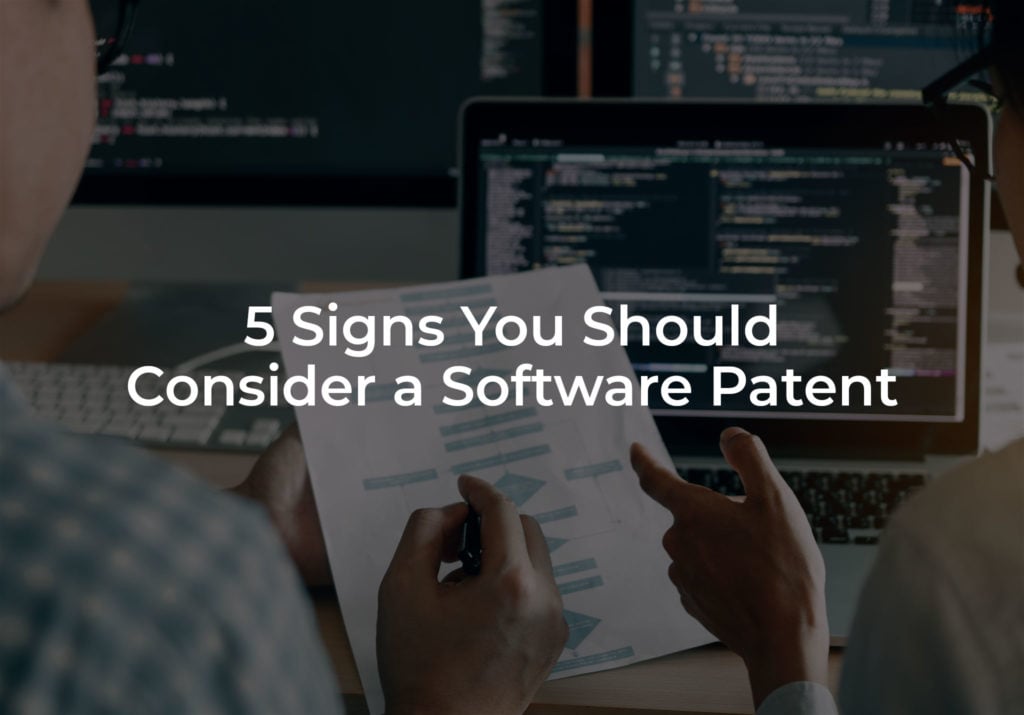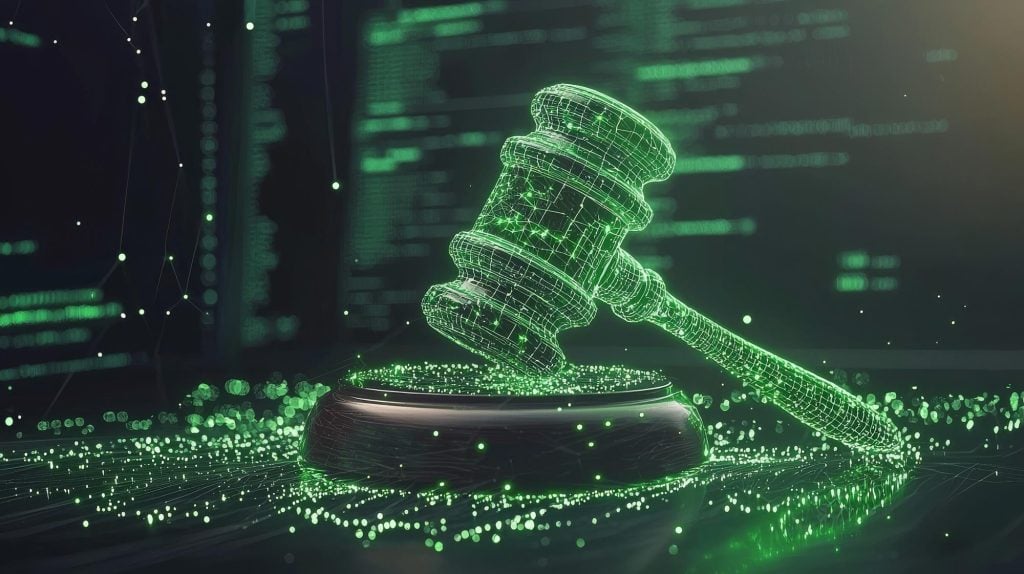It has long been debated whether software should be patent eligible. Advocates of patenting are typically individuals or companies who desire to protect their technological inventions. Adversaries to patenting argue that patenting stifles innovation by putting a hold on technological developments. Recently, the landmark case Alice v. CLS Bank, 134 S. Ct. 2347 (2014), established a two-prong test for patent eligibility: the software must not be directed towards an abstract idea and, if it is, it must have elements that transform the innovation into one that is patent eligible. Therefore, when posing the question of whether your software is patent eligible, the answer is most likely “it depends.” The determination will rest in the two-prong test and important details include whether or not the software improves computer functionality or solves a computational problem in an unconventional way.
How do you know when you should be considering a software patent? This article will explore some of the key considerations to guide you, and potentially save you time and money in pursuing a patent that isn’t eligible.
1. Your Software Has Proprietary Features
The first consideration is whether your software has proprietary features. Proprietary software is also known as closed source software that is generally licensed (for a fee), and distribution is prohibited. Software with proprietary features may keep the source code secret from distribution or copy. Proprietary code is only able to be modified by its developers, giving the software much more stability than open source software, which can be modified by anyone at anytime, changing how the software functions.
By contrast, software with proprietary features allows developers to protect their code from modification or mismanagement. In addition, their ideas are protected from being used as inspiration for another competitor’s product or solution. While the code itself may not patentable, the software may be as long as it meets the two-prong test, previously described.
2. Your Software Has A Unique UI
The user interface shapes the user experience by prescribing how users interact with the software. A distinctly unique user interface may serve to set apart your software from other competitors. If it is a distinguishing feature, a design patent would protect the ornamentality of your product from being mimicked and causing consumer confusion. Design patents are easier to obtain than utility patents, however they expire within 15 years. Faster processing times and affordability make these an appealing option, particularly if there is question to whether a utility patent for the functionality of the software would be granted.
3. You Plan on Raising Capital
If you are looking to attract a VC firm, they will be on the lookout for several important factors. First, investors want to invest money into companies that are likely to have longevity in the marketplace. This is often signified by the amount of proprietary technology that the company owns. Companies that have proprietary technology are not only more competitive, but more attractive to large companies who may be considering a buy-out. If your company is developing software that is patentable, you may consider a software patent to protect it from copycats, particularly if you’re a smaller start-up. This is an effective way to make sure larger firms with deeper pockets don’t edge you out of the market.
4. You Want To Protect Software In Development
It can often take some time to develop software, especially considering ways to ensure it is patent eligible. Technology develops so rapidly, that another company could come up with a similar idea and submit a patent application first. In these cases, a provisional patent application should be considered. Provisional patent applications are valid for up to one year and are can be used to protect software that has not been fully developed. This gives the inventor time to fully develop and test the product before filing a non-provisional patent application. To file a provisional patent application, the USPTO requires a complete, clear and concise description of the invention. Submitting a provisional patent application additionally allows the inventor to market their invention as “patent pending,” which could attract VC firms earlier in the process.
5. You Plan on Licensing Your Software
Most software has traditionally been released to the marketplace under copyright licenses. Copyright allows the inventor to control how others use, display, or distribute the product. Advantages to this are that copyright recognition can be easier to obtain than a patent and allows the inventor to get into the market quickly with protections in place. While copyright will protect the product’s code, it will not prevent others from independently developing the same technology. Patents, however, allow the inventor to prevent others from using the patented invention. If the software has patentable features, a patent may be preferable. If you’d like to see some real-life examples of how software patents are being used by top companies, we’ve compiled a list here.
Consult With an Experienced Software Patent Attorney
It can be difficult to determine the best strategy for protecting your innovation. It is possible to invest a lot of time and money and have someone else get into the market first. A qualified attorney will know what questions to ask and come up with a strategy to quickly and appropriately protect your invention. Our attorneys have extensive, global experience with software patents and can guide you through the nuances of obtaining a patent and how to best prepare your software patent.
We encourage you to schedule a free consultation to better understand what aspects of your software may be protected or take our Intelligent IP quiz here to find out which form of intellectual property is best for your business.




